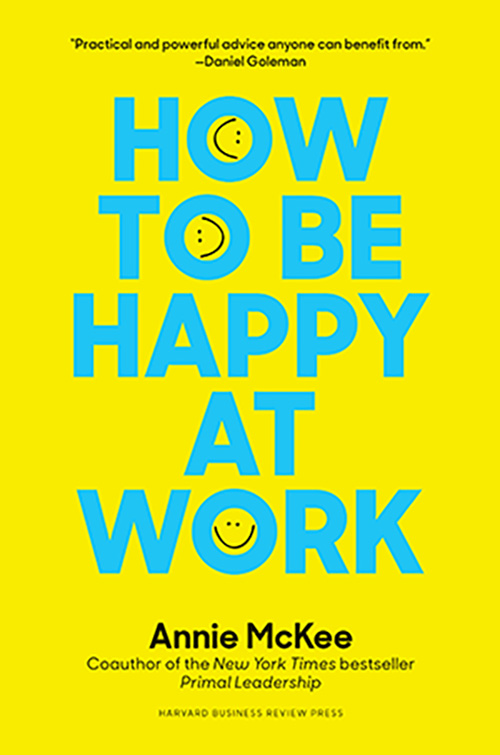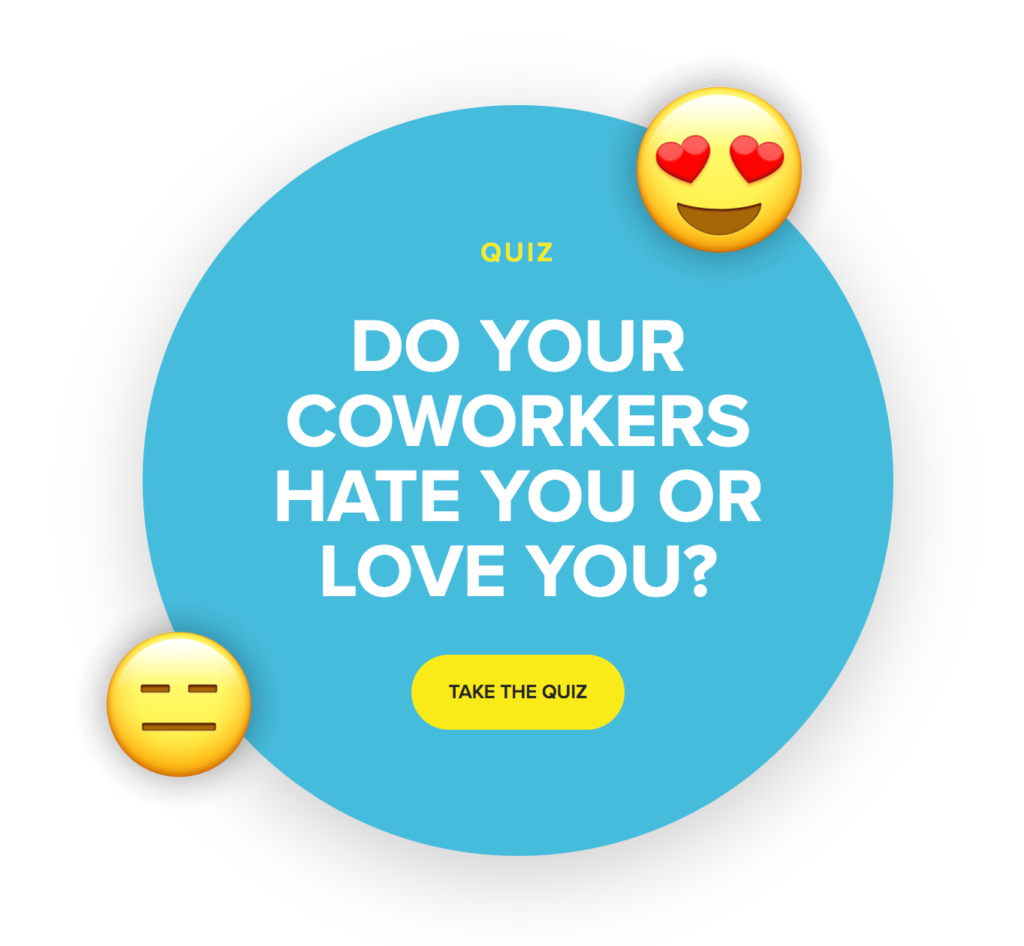Bruno really liked his job during the first couple of years. He enjoyed the challenges, had good relationships with his colleagues and bosses, and saw opportunities for learning and growth. Then the company hit tough times. Bruno found himself working outrageously long hours—and he and his team weren’t delivering the same results. Tensions ran high on his team and he found himself worrying all the time about what to do to make things better.
The owners of the company were scared—they didn’t know how to compete in this new environment. They decided they had to focus on strategy and make some hard decisions. They closed ranks, and Bruno wasn’t invited into the tiny club at the top. Bruno’s colleagues saw that he had been iced out. They, too, were stressed and not at their best and they stopped interacting with him. Even a good friend on his team decided it was in her best interest to distance himself from him. And if that wasn’t enough, the exclusive group at the top took on a new set of investors who came up with several wrong-headed ideas about how to run the business. Bruno was forced to make changes that he felt would be detrimental to the company over the long term. He was isolated, disempowered, and fearful for himself and the company.
Bruno was experiencing a lot of pressure at work and he was also the primary breadwinner in the family. It was just too much. Everything in his life started to look worse than it really was. He started worrying about losing his job, even though that wasn’t an actual risk. He couldn’t focus on positives like the company still being in the black and his children doing well in school. His outlook was tainted and his body and mind were worn down. Ultimately, Bruno’s stress it boiled over and affected his health and his relationships, too. Colleagues and his bosses now had real reasons to ignore his input: he was just too negative.
Like Bruno, my default response to stress is to work harder. Maybe you do this, too. We work unreasonably long hours. We don’t take breaks. We answer emails, take calls at night and on weekends, and skip vacations. Overwork is not a good coping mechanism for stress. In fact, it makes it worse as we ignore our relationships, cut out fun, eat and sleep poorly. Working like this doesn’t help us get more done—it does just the opposite. We are too tired and worn out to do our jobs well. Our resources are depleted. We become frustrated more quickly. We are more pessimistic. Our judgment suffers, as do our interactions with others. We lose our sense of humor. We can’t deal with conflict. And we’re generally less equipped to deal with even minor upheavals in our lives. So if the consequences of stress, overwork, and the sacrifice syndrome as so bad, why don’t we deal with them? One word: denial.
Denial Won’t Fix It
Too many of us are in denial about the impact of stress on our effectiveness, our well-being and our happiness. This happened to me, for sure. I spent years doing more, and more, and more, thinking that would fix everything. I ignored the big signs (health) and the little ones (general irritability with everyone) for far too long. I didn’t hear the wake-up calls—even though I’d written about wake up calls for Harvard Business Review in the past! When I finally woke up, I wondered how this could have possibly happened to me.
What I realized was that my slip into unhappiness didn’t happen overnight—nor did Bruno’s. And, for all of us there were signs along the way that things weren’t as we’d like them to be. But I, like a lot of people, put blinders on and tried to motor through. I ignored my feelings about the compromises I thought I had to accept and tried to hide what was happening from my coworkers, friends and even family.
The good news is that if you listen carefully (as Bruno and I finally did), your body, emotions and relationships will give you clues that something needs to change long before you cross the happiness line. Tuning in to our wake-up calls before you’re miserable is a skill—on that you can practically get better at.
Paying attention to physical, emotional and relational wake-up calls can help us to recognize which side of the happiness line we are on. And once our eyes are open, we are ready to prepare ourselves to take steps to get back to the kind of work life we want—one where happiness plays a central role.
Excerpted from How to Be Happy at Work by Annie McKee, Harvard Business Review Press, 2017

You Deserve to Be Happy at Work
Based on extensive research and decades of experience with leaders, How to Be Happy at Work deepens our understanding of what it means to be truly fulfilled and effective at work and provides clear, practical advice and instruction on how to get there―no matter what job you have.
